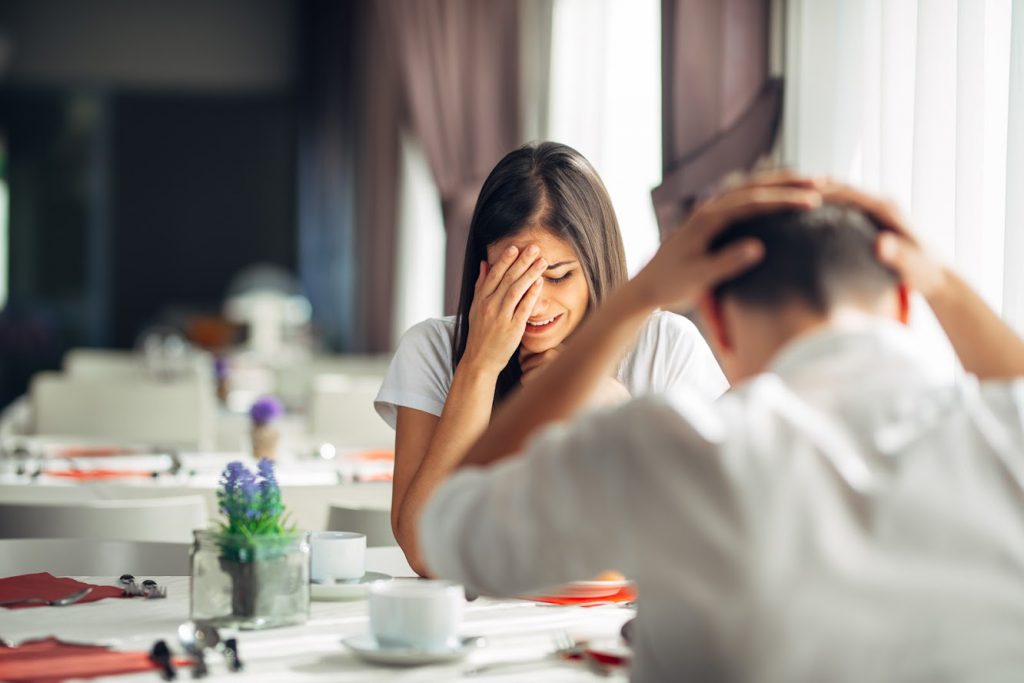Why Do Young Adults Get More Stressed?
Stress is a common feature of modern life for people of all ages but it can be more common among younger adults. Every young adult is different but there are some common sources of stress that tend to have a greater impact on this age group.

How Common is Stress?
Most of us will feel stressed on occasion, but it is usually a passing experience that happens when we are in a difficult situation. We are usually able to overcome this stress and may even feel stronger because of the challenge. However, sometimes stress can be so persistent or overwhelming that it seriously damages our mental and physical wellbeing.
One recent survey of adults in the UK found that while stress was very common across all ages it did tend to affect younger adults more often and severely:
- 74% of people said they had been overwhelmed by stress within the last year
- 30% of older people had not experienced overwhelming stress
- Only 7% of young adults had been stress-free over the last year
Causes of Stress in Young Adults
Stress can happen for many different reasons. We all tend to worry about different things and our stress levels can also be affected by our physical health and other things that are going on in our lives. However, there are some common triggers of stress and many of them are more likely to affect young adults:
- Work-related stress is very common, especially among younger people who often have more precarious roles and less control over their working lives
- Financial worries are another common concern that tends to affect younger people more often as they tend to be less financially secure
- Issues with housing are also a common worry for younger people, who are more likely to be living in rented accommodation and to move more often
- Many young people are stressed by the pressure to succeed, which affects 60% of 18-24 year olds and 41% of 25-34 year olds. Older people are less concerned about this as many will already have established careers, families and achievements.
- Young people are also much more likely to feel stressed because they compare themselves to others, especially at age 18-24 when 49% reported worrying over this. Older people are less likely to worry about this as they may feel more confident in themselves.
- Health problems are a common source of stress, but unlike other factors this one is more likely to affect older people
In addition to being more exposed to stress triggers, younger people may also be less good at coping with their worries. As we grow older, we develop skills that enable us to deal with our stress so we are less likely to feel overwhelmed by our problems. We may also be better at recognising when we are stressed and over time we can establish stronger support networks for when we need help.
How to Recognise Stress?
With so many different sources of stress it can sometimes be difficult to recognise what you are really worrying about. You might not even realise that the symptoms you are experiencing are due to stress.
Some of the common signs of stress in young adults include:
- Anxiety or worry
- Irritability
- Racing thoughts
- Being unable to relax
- Depression
- Crying
- Loss of interest in things you usually enjoy
- Feeling alone
- Difficulty concentrating or making decisions
- Smoking or drinking more than usual
- Having trouble sleeping
- Head aches
- Tense muscles
- Panic attacks
Coping with Stress
Since stress is so common and it can have such a severe impact on your health and wellbeing, it is essential to be able to spot the signs and know what to do about it. Recognising the source of your stress is an important part of coping with it as you may be able to take steps to avoid or reduce these triggers. You can also find ways to change your response to these triggers, for example by developing time management skills to overcome work-related pressures.
When you can’t avoid or manage the source of your stress there are still steps you can take to reduce the impact on your health. Make sure that you have someone to talk to, whether that is a friend or a psychologist. It’s also good to dedicate some time to stress-relieving activities such as exercise, art or anything that helps you unwind and forget your worries.







